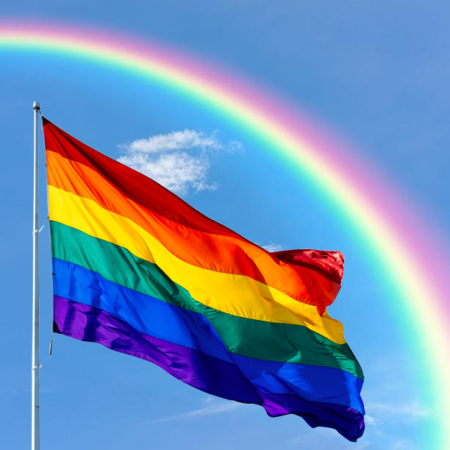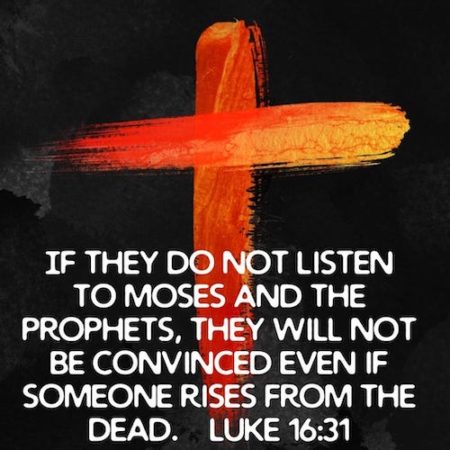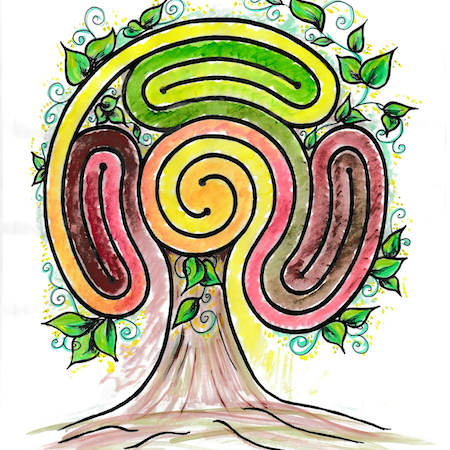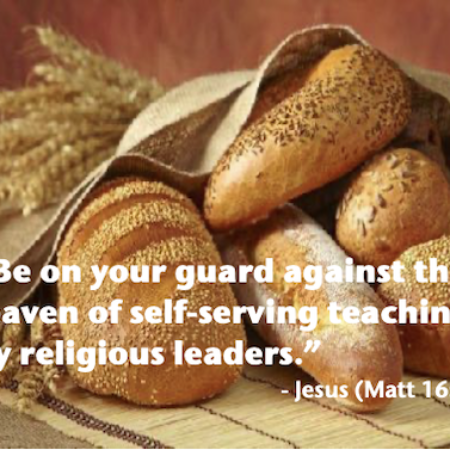Jesus calls us to embrace God, life, and one another with joy, delight, hope, and grace, not with heartlessness cloaked in legalities.
Sermons on Ethics
The book of Esther is like a joke that has aged badly, enabling us to see how righteous anger at anti-semitism can become its horrifying mirror image.
Both contemporary and ancient understandings of the rainbow sign point to God’s expansive love overcoming our fears and hostilities.
Jesus calls us to follow him in being a contagious force for love and mercy rather than fearfully quarantining ourselves from bad influences.
The cross of Jesus can teach us to recognise the innocence of suffering, and so enable us to recognise our own dependence on God’s mercy and to stop digging our own hells.
As dangerous climate change unfolds before our eyes, the best possible outcome is entirely dependent upon humanity coming to a full acknowledgement of its special power and its special responsibility, which must centrally involve mastering our power.
Much traditional morality is based on the idea of separation into binary categories, good and bad, but the Bible also points a path towards a liberating non-binary future in God.
Science, theology and reason can often lead to a sound set of ethical behavioural conclusions which then need to be set aside because, in reality, love demands something else.
Self-interested leaders will frequently manufacture frightening images of an angry dangerous God to silence opposition and maintain their grip on power, but Jesus opens our eyes to these abuses and to the reality of a God of incorruptible love.
The refining fire made known in Jesus is not targeting “morality” issues, but our hatreds, hostilities and inhospitableness.
In the fact of the climate apocalypse, we hold on to our hope: hoping and working for the radical, impossible change that is necessary.
Jesus honours, commends and models a set of attitudes, or stances toward the world, which can and will change the world, but embracing them is no small challenge.
Our identity as a community of Jesus’s followers is primarily expressed in love, gratitude and hospitality, not in compliance with a negative code of conduct.
The good news of the Kingdom always seems disreputable and dangerous and unwelcome, and it asks of us a whole new way of being God’s gracious people in a world of hatred and violence.
Jesus’ teaching on the new ethics for disciples do not weigh us down because they are wrapped in generous mercy and humour.
The incoming Kingdom of God often challenges conventional social norms to such an extent that it is perceived as anarchic or even evil.
Perhaps when law and order perpetuate injustice, God is on the side of the scammers and swindlers.
Religious ritual and ethical living are both bound up together in the journey of following Jesus into the Realm of God.
Even those whose actions are morally indefensible usually have attributes that challenge our own failings.
We are called to live the lifestyle of the era that has not quite dawned – values found in Jesus Christ that will bring life to the world.









